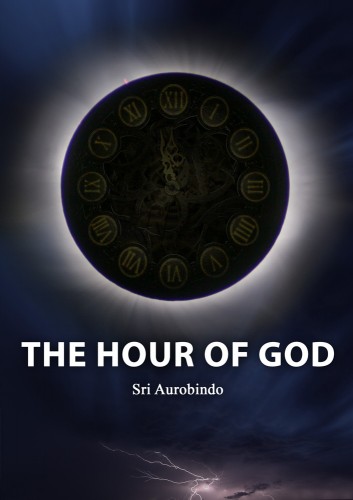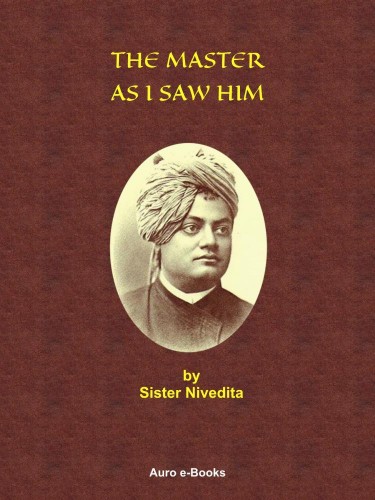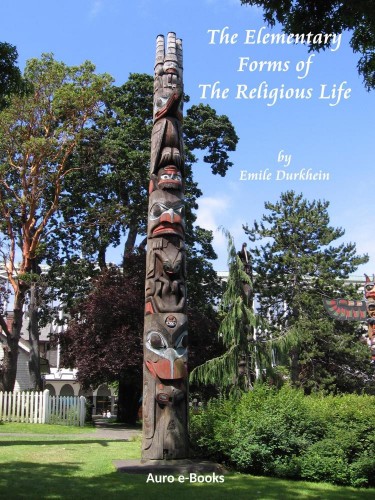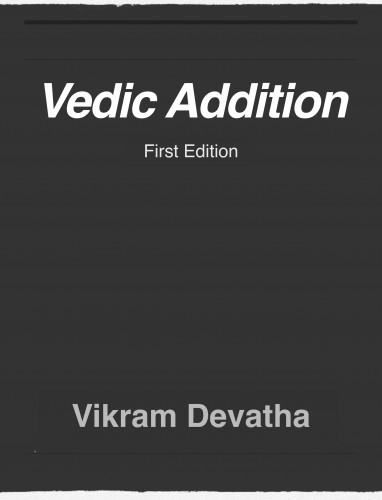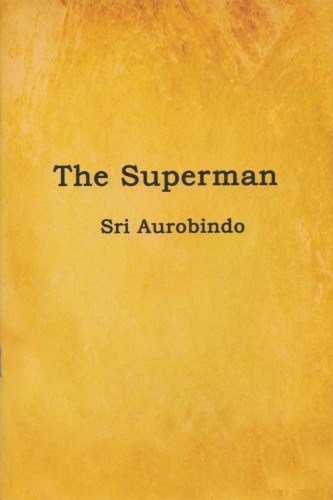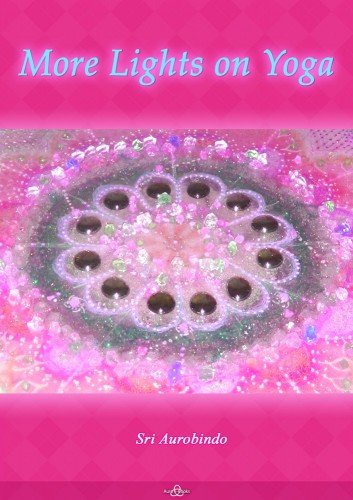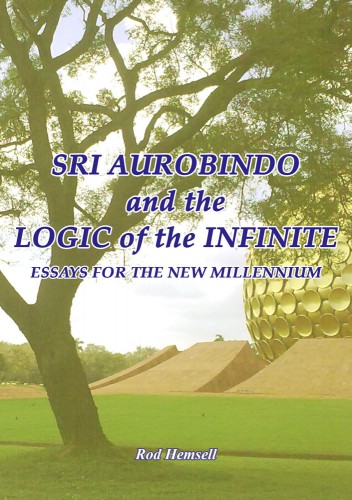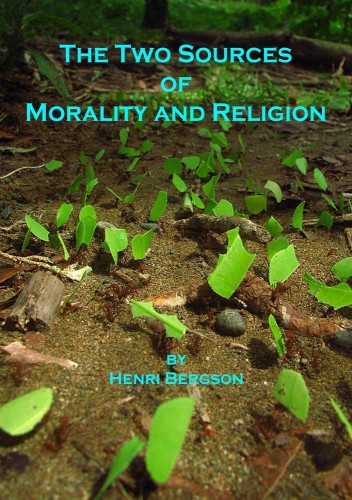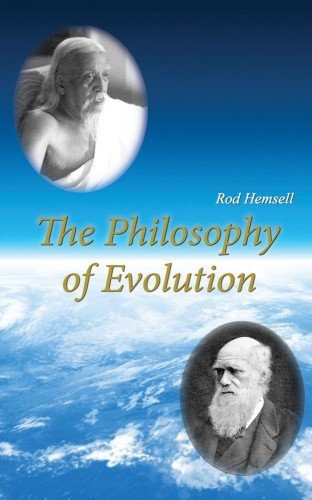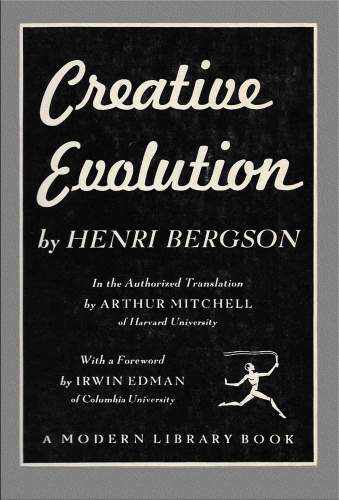The Hour of God
The Hour of God
“The pieces collected together in this book were written by Sri Aurobindo between 1910 and 1940. None of them were published during his lifetime; none received the final revision he gave to his major works. Most of the pieces were first printed in various journals published by the Ashram, and subsequently in the different editions of The Hour of God, beginning with the first edition (1959).”
In reading these essays, one gets the very distinct feeling that the author really does know whereof he speaks. Here, we are able to sit in his lap and listen as he fabricates one description after another of the ineffable and explains how we too can share in the realization awaiting us at the end of what seems, in the clarity of his vision, to be not such an arduous path. It is not that he ever says that the way is easy, quite the contrary; but the certainty with which he speaks seems to put it into reach.

